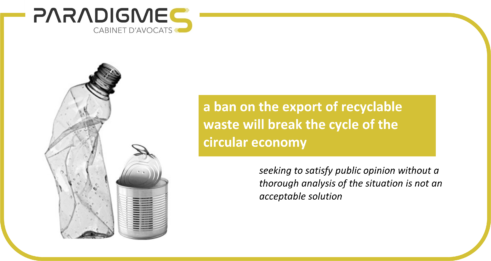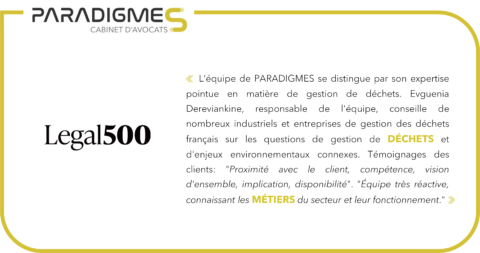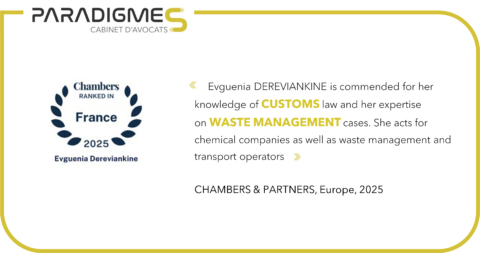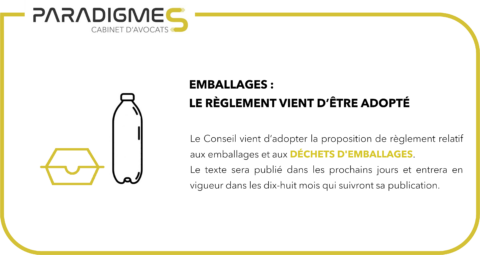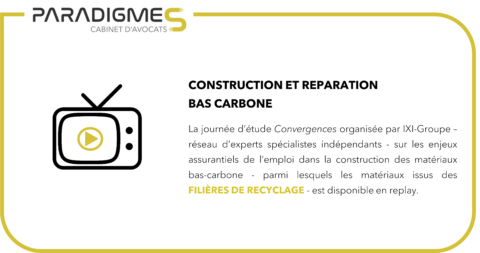The great majority of everyday consumption goods are not produced in the EU but imported. The residues of these goods – turned into waste – can be recycled back into the industrial cycles from which they came, in the form of the secondary raw materials. However, under pressure from environmental NGOs, the EU is questioning the need to ban the export of recyclable waste.
Should the EU succumb to this pressure and thus break the global circular economy loop? Certainly not.
Isolating the market for recyclable waste at EU level will lead to a chain of negative consequences the impact of which has not been assessed at all.
Negative consequences for the European recycling industry:
The European recycling business model is not prepared at all for such a change. If recyclable waste can no longer be sent to industrialised countries abroad that consume it as a secondary raw material, this recyclable waste will end up on the European secondary raw materials market, which will collapse due to the overabundance.
The sudden drop in the price of secondary raw materials will put a strain on the budgets of Europe’s municipalities and waste treatment operators, who will not be able to cope.
This situation will definitely delight some European manufacturers who consume recyclable materials, and who are pushing for this change, knowing that it will offer them an abundance of totally free raw materials. But their joy may not be long-lasting. There is no doubt that the foreign countries to which these manufacturers export their products will ultimately understand that those are receiving a disguised subsidy and will react by imposing anti-dumping duties on them.
Negative environmental consequences:
Second, the ban on the export of European waste will also create a shortage of recyclable resources abroad and force the foreign manufacturers concerned to turn to primary resources. Such a change in sourcing will necessarily increase the carbon footprint of the goods produced by these manufacturers, whereas until recently they were participating in the virtuous cycle of recycling.
Seeking to satisfy public opinion without a thorough analysis of the situation is not an acceptable solution. Thinking about the consequences before acting is more necessary than ever.
Related articles:
Facilitating or banning international trade in recyclable waste? by Evguenia DEREVIANKINE, International Trade, ICC France, 04/03/2022, page 13.
Waste Shipment Regulation set to decimate European recycling industry, by EuRIC.

